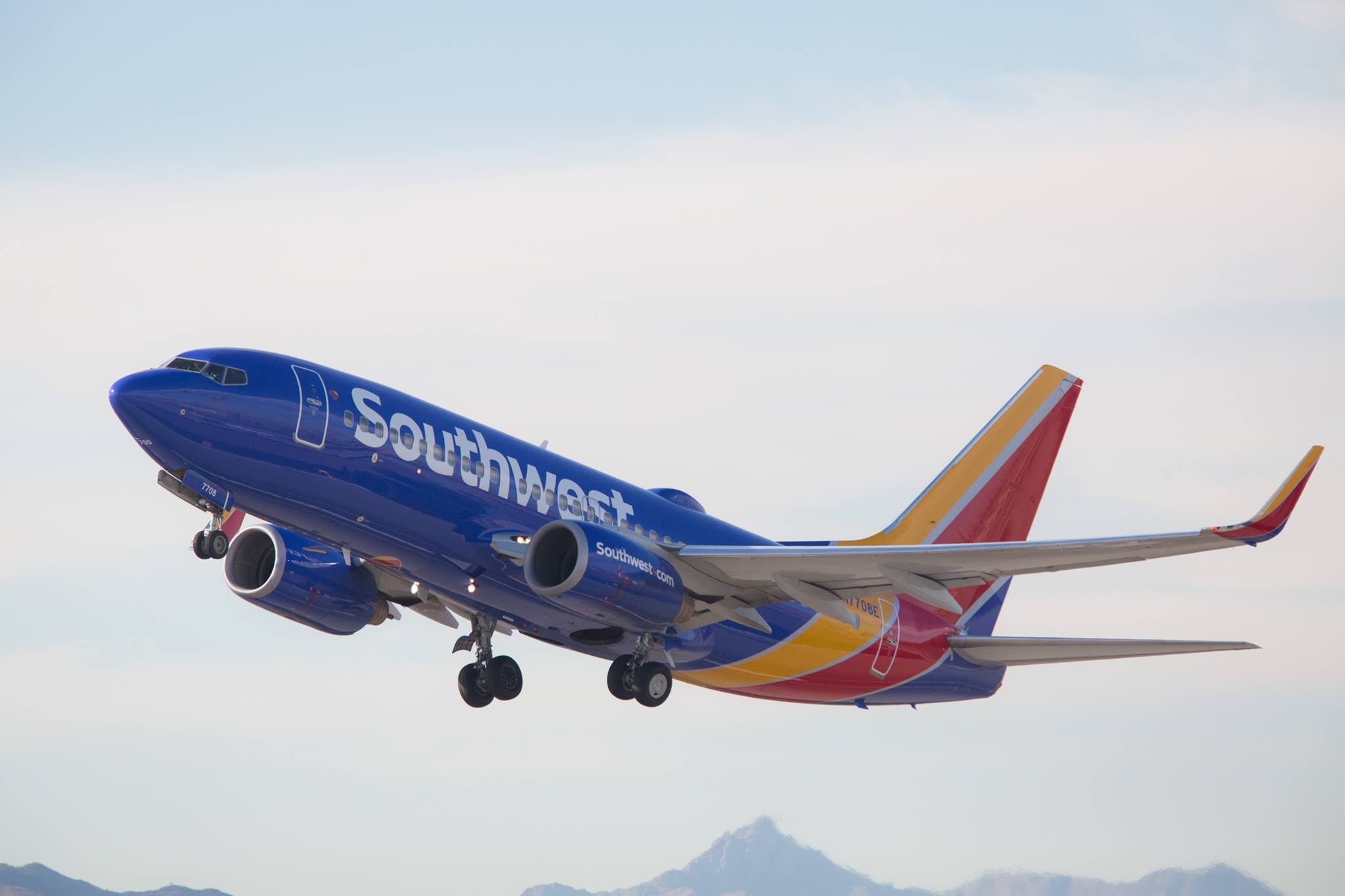Over the last 10 years or so, Allegiant Travel (ALGT +2.02%) and Spirit Airlines (SAVE +0.00%) have pioneered a new "ultra-low-cost carrier", or ULCC, business model in the airline industry.
The two companies have very different strategies. Allegiant primarily serves small communities with secondhand jets, while Spirit serves heavily trafficked routes with state of the art planes. However, they share a commitment to keeping base fares and costs low by charging for various "optional services" and thereby encouraging cost-saving behavior in customers.

Spirit Airlines has been one of the pioneers of the ULCC model in the U.S. Source: Spirit Airlines.
In recent years, privately held Frontier Airlines has taken tentative steps toward adopting a ULCC business model. Last week, Frontier finally went all in by adopting one of the hallmarks of the ULCC world -- a carry-on baggage fee -- while reducing fares by an average of 12%.
Frontier's transformation
Historically, Frontier Airlines was a traditional low-cost carrier operating a hub-and-spoke route network based in Denver. However, the company ran into trouble as fuel prices spiked and the economy tumbled toward recession in early 2008, forcing it to file for bankruptcy.
Southwest Airlines (LUV +1.05%), which had just begun flying to Denver in 2006, hoped to buy Frontier out of bankruptcy court in order to gain a bigger presence in that key market. However, Frontier and Southwest pilots could not agree on a path to merging their seniority lists, causing the bid to fall apart. Since then, Southwest has grown organically in Denver, where it now offers 167 daily departures to 56 cities.

Southwest has grew rapidly in Denver following the Great Recession. Photo: The Motley Fool
This created a bit of an identity crisis for Frontier. Following Southwest Airlines' expansion in Denver, Frontier was a struggling low-cost carrier competing directly on most routes with the low-cost carrier par excellence. The company needed a way to differentiate itself.
This ultimately led Frontier to turn toward an ultra-low-cost carrier business model in 2012. The company added a row to all of its A320 aircraft to reduce unit costs, and it announced plans to add an additional row to each of its planes through the use of slimline seats.
A year ago, Frontier took another step toward the ULCC model by introducing a fee for carry-on bags that applied only to customers booking through third-party channels like online travel agencies.
This policy had two aims. First, it rewarded customers who booked tickets directly with Frontier -- something that saves the airline money on commissions. Second, it encouraged customers who did not book directly with Frontier to check their bags, freeing up bin space for other fliers and thereby reducing boarding times.
A new type of ultra-low-cost carrier
Last week, Frontier extended the carry-on baggage fee to all economy tickets. (It still offers a second fare class called "Classic Plus" that includes free carry-on and checked bags, seats with extra legroom, and other extra features.) This moves it more squarely into the ULCC world, as Allegiant and Spirit are the only other carriers charging for all full-size carry-on bags.

Frontier is becoming more like Allegiant and Spirit by lowering fares and adding fees. Photo: The Motley Fool
In many ways, Frontier Airlines is trying to pull the best from the Allegiant and Spirit business models and roll them into one. Like Spirit Airlines, Frontier uses relatively new A320 family aircraft, and it has a large order for next-generation A320neo planes. However, like Allegiant, Frontier is starting to focus on smaller cities like Trenton, N.J., and Wilmington, Del., where it flies most routes just two to five times per week.
Frontier's recent management changes clearly show that the company intends to move further toward a pure ULCC business model over time. First, Frontier Airlines was purchased late last year by Indigo Partners, a private equity firm that primarily invests in ULCCs and masterminded Spirit's transformation to that business model.
Second, last month Frontier Airlines that it had appointed Barry Biffle as company president. Biffle previously worked for nearly a decade as the chief marketing officer at Spirit Airlines before heading up a new ultra-low-cost carrier in Colombia for the past year.
With a management team that understands the ULCC business model and has successfully implemented it in the past, Frontier Airlines' transformation is likely to gain steam this year. As an ultra-low-cost carrier, Frontier will be able to differentiate itself from Southwest in Denver by consistently offering the best prices.
Foolish conclusion
Frontier has been moving toward an ultra-low-cost carrier model for more than two years, but it has finally arrived. The ULCC model will give Frontier a good chance to carve out a profitable niche for itself due to the relatively small size of Allegiant and Spirit. Most importantly, it will enable Frontier to compete more effectively against Southwest Airlines in Denver.
Longtime Frontier Airlines customers should read up on the changes in Frontier's fee structure. For savvy fliers, Frontier will be offering even better deals on flights than before. However, if you're not careful, you could be on the hook for massive fees on top of your base fare.






